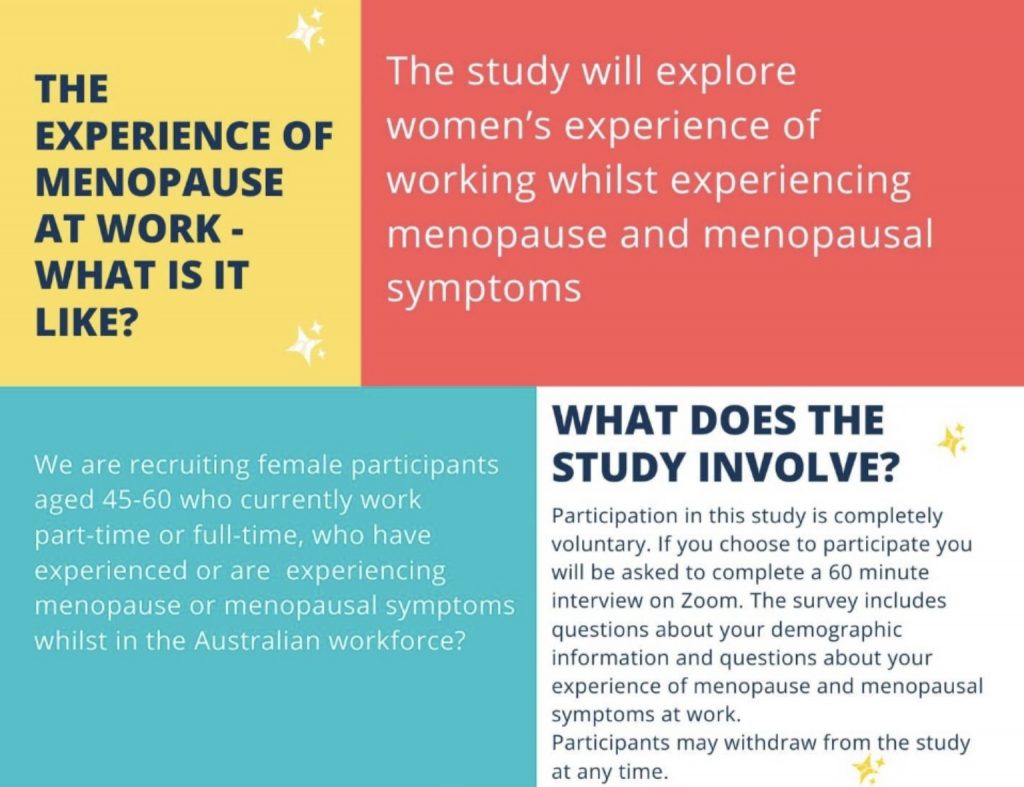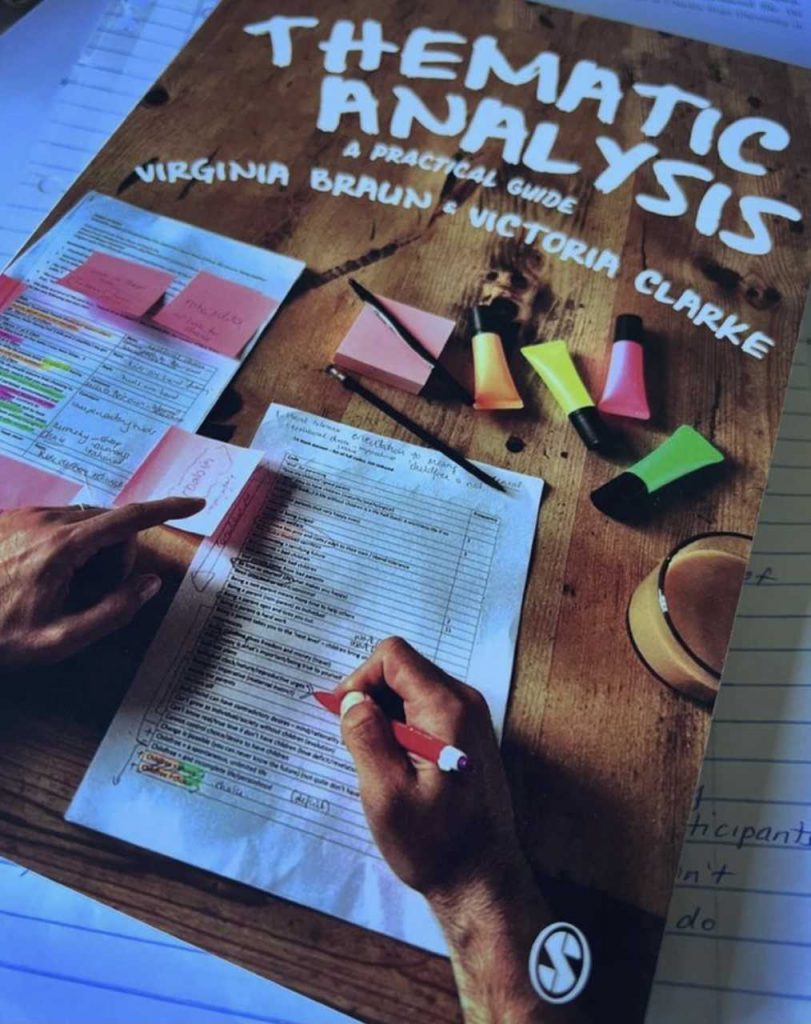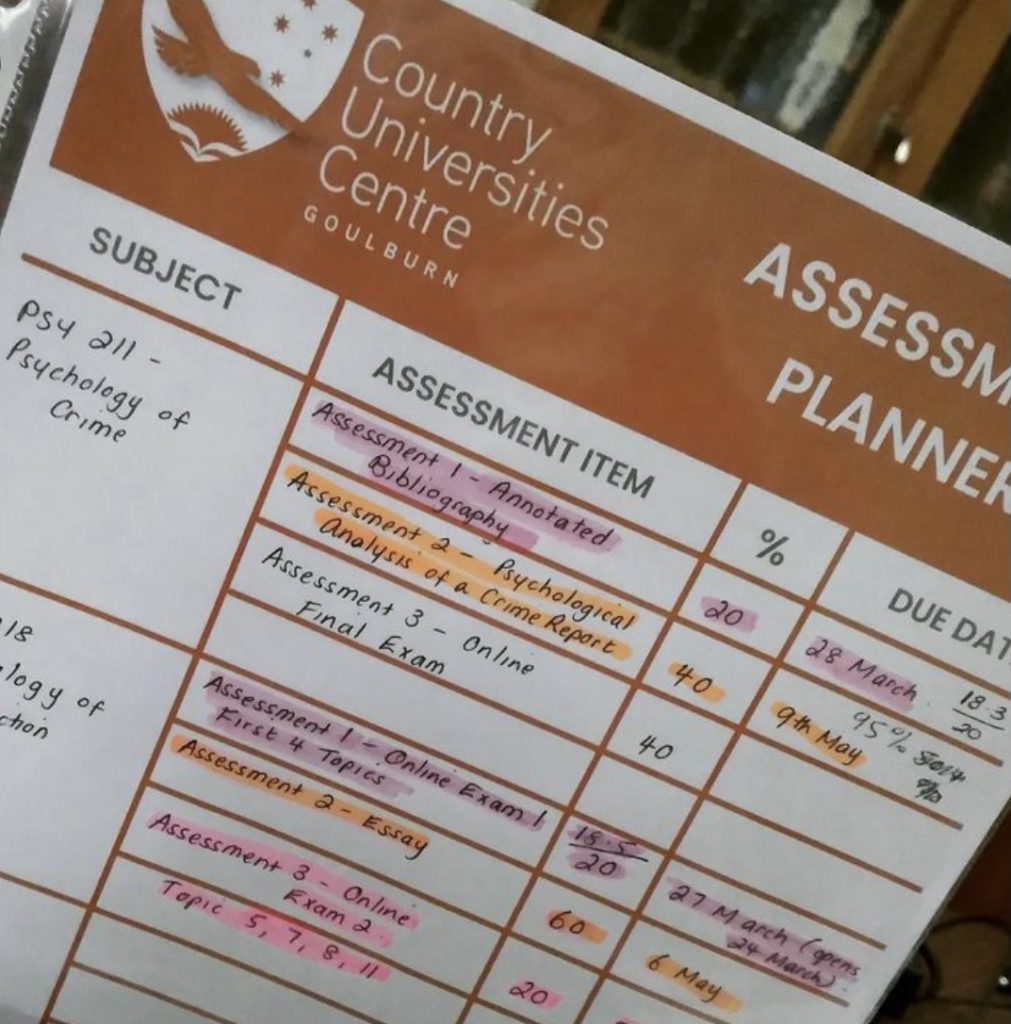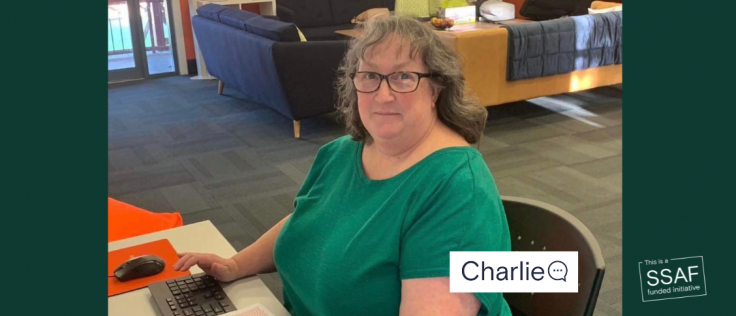Written by Dianne Whittle
I began studying a Bachelor of Social Science (Psychology) with the aim to transfer to a Bachelor of Psychology (Honours), working my way towards practising as a Psychologist.
The requirements to enter the Honours program are a completed three- or four-year bachelor’s degree in the health or science disciplines, and a minimum Grade Point Average (GPA) of 5.0.
Towards the end of my final year of study I applied through the Charles Sturt Interact 2 site to transfer to the Honours program.

The Psychology faculty holds an interactive tutorial in your final year about Honours and study progression in Psychology. I’d recommend attending.
You can also email the Psychology faculty for guidance or advice, or to ask questions. They have infinite patience.
Honours is full-time (1 year) or part-time (2 years). I did mine part-time and during my first year I completed two subjects per semester including psychological assessment, psychological interventions, contemporary topics in psychology, and counselling.
I finally felt that after years of the heavy and general theory subjects I was beginning to learn and apply the practical skills I would need to practice as a Psychologist.
The prospect of your thesis in second year is new and daunting. It involves designing your own research project, developing a research proposal, applying to ethics for approval, conducting your own research, analysing the data and, of course, writing the paper.

A couple of weeks before the semester starts students are provided with a list of supervisors and subject topics.
Some supervisors have firm projects in mind, some involve continued research on projects already in progress, others are open to discussing a topic that interests you.
This is where you can start reading up on supervisors and their research papers, and email supervisors to discuss your ideas.
Some supervisors are external from Charles Sturt, others are Charles Sturt lecturers you may know. You submit your ten choices and then Charles Sturt allocates projects and supervisors.
Doing your own research project is a great way to get an idea how research is done, albeit in a much shorter time frame than how research is usually conducted.

It’s a great opportunity to study a topic that interests you and engage in deeper research. It’s demanding but not as intensive as the study you may be used to.
You’ll receive great support from Charles Sturt during your thesis. There are regular tutorials and resources to help you with every aspect of your research proposal, ethics application and research project, and ‘assessments’ that correspond with important times in your project which are designed to keep you on track and up to date.
This ensures you don’t leave everything till the last minute and fall into a blind panic at the end. Your supervisor also guides and supports you every step of the way.

I love the self-paced learning and researching a subject that I love. My supervisor is great to work with and it’s good to learn from someone with so much experience in Psychology and research.
It’s a tough, full-on year but it’s rewarding. For more information, click here.
Charlie Blog is a SSAF funded initiative.










